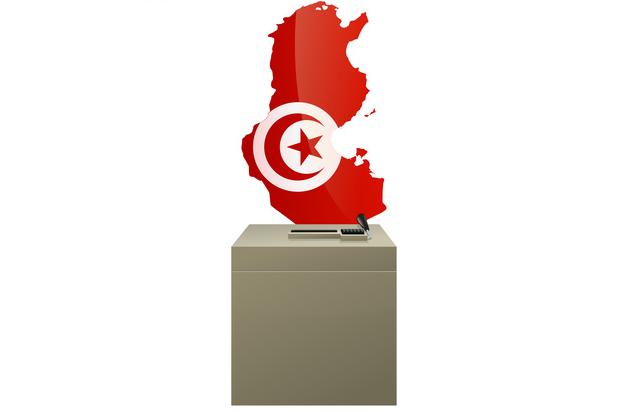Tunisia: A democracy’s birthing pangs North African Dispatches
New in Ceasefire, North African Dispatches - Posted on Wednesday, October 12, 2011 13:22 - 0 Comments
By Kateb Salim

This month might herald a genuinely historic moment in the history of the Arab world: the birth of the Arab world’s first genuine democracy. Many feared, and continue to fear, a counter-revolution in the post-Ben Ali Tunisia and yet the 23d October elections, right around the corner, can represent a cementing of democracy and human rights in the country for decades to come.
The dozen or so political parties as well as the lively societal debate they have put forward to Tunisians over their communal future (an estimated three hours of daily election-related ads and programs on television), contrast sharply with the repressive one-party system of previous president Zine el Abidine Ben Ali. As the first Arab country to topple its dictatorship, Tunisia now has the chance of being the first of the Arab Spring ‘affected’ nations to elect its new leadership.
A whopping 11,000 candidates have already presented themselves for election for the 217 seats in the national assembly. More importantly, political observers have centred their attention on the Tunisian Islamist party, Ennahda, to evaluate what power it will wield over the new Tunisian political arena.
Considered favourite to win a majority in parliament, the Ennahda movement launched its political campaign over a month ago in the symbolic heart of the revolution, Sidi Bouzid. Despite decades of repression against its underground mobilisation, Ennahda benefits from the sympathy drawn from its status as the eternal opponent of Ben Ali’s former regime; it is proving to be a formidable political force in the new Tunisia.
Ennahda will face the country’s primary liberal party, the Progressive Democratic Party, in what promises to be a fascinating showdown over what direction the revolution will take. One can only hope the debate remains cordial and within the strict guidelines of a democratic elections.
So far this has not been the case. Although the interim government’s decision to repeatedly postpone the election was vital in helping both factions mobilise their troops more efficiently, accusations continue to fly between liberals and conservatives over supposed attempts at ‘sabotaging’ the people’s revolution.
There remain however some important questions surrounding the election that are crucial to the future of the remaining ‘Arab Spring’ nations too. Firstly, what will become of Tunisia’s previous gender equality laws and the secular nature of its political and judicial systems? Should the Islamic movement win an overwhelming majority at the polls, European observers fear they will not maintain Tunisia’s 1956 progressive Code of Personal Status.
Indeed, through this Code, Tunisian women enjoy a lifestyle and societal prominence unmatched in any other nation in North Africa or the wider Arab world. They are fully integrated into the nation’s cultural, economic and political spheres and are able to carry out their aspirations in independent and often ambitious ways. If anything, Tunisia’s exemplary gender equality legislation should present a shining path to follow for its neighbours in the region.
Although the Code’s future seems uncertain, the ban on headscarves in all public institutions however is most likely to be discarded regardless of the elections’ outcome. Though this ban was championed by the Ben Ali regime as a symbol of Tunisia’s resolute willingness to adopt more modern/secular practices, it was solely maintained through fear and force rather than consent.
In all of these pivotal ideological debates over the nature of Tunisia’s institutions, the army will be relied upon to ensure things do not take a nasty turn. During the revolution, Tunisia’s small but professional army played a central role in putting an end to the regime’s repression of protesters. Nearly a year on, it continues to be perceived as the revolution’s protector. In the elections, many will look to them to ensure the interim civil government is kept from tampering with the decisions of the ballot box.
Above all, central to the success of this electoral rendezvous will be the tone, methods and overall respect for due process which will accompany Tunisia’s newfound democracy. Regardless of the results, should the people’s will be compromised or ignored by any entity (whether domestic and foreign), then the country’s conservative counter-revolutionaries will have certainly won another battle in the struggle for control.


Leave a Reply